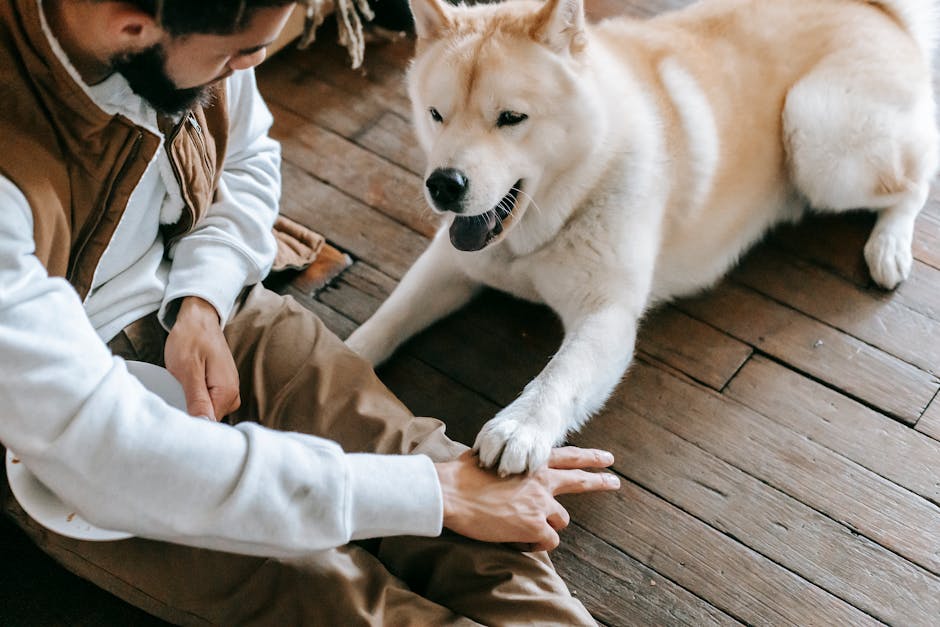Dog training is often perceived as a chore, a series of commands and corrections. However, it's so much more than that. It's about building a strong, positive relationship with your furry friend, based on mutual understanding and trust. It's about unlocking their potential and helping them become well-adjusted, happy members of your family and the wider community.
Effective dog training starts with understanding your dog's individual personality and learning style. Just like humans, dogs have unique traits and preferences. Some are eager to please and respond well to positive reinforcement, while others may be more independent and require a different approach. Observing your dog's behavior and reactions will provide valuable insights into what motivates them and how they best learn.
Positive reinforcement is the cornerstone of modern dog training. This method focuses on rewarding desired behaviors, such as sitting, staying, or coming when called, with treats, praise, or toys. By associating these actions with positive outcomes, your dog is more likely to repeat them. Punishment, on the other hand, can create fear and anxiety, damaging your bond and hindering the learning process.
Consistency is key to successful dog training. Establish clear rules and boundaries from the start and enforce them consistently. This provides your dog with a sense of security and predictability, making it easier for them to understand what is expected of them. Avoid sending mixed signals or changing the rules frequently, as this can lead to confusion and frustration.
Socialization is a crucial aspect of dog training, especially for puppies. Exposing your dog to a variety of people, places, and situations from a young age helps them develop into well-rounded, confident adults. This includes introducing them to other dogs, different environments, and various sights and sounds. Proper socialization can prevent behavioral issues down the line.
Training should be a fun and engaging experience for both you and your dog. Keep sessions short and focused, incorporating games and activities to maintain your dog's interest and motivation. Avoid pushing your dog too hard, especially in the beginning. Celebrate small victories and be patient with the learning process.
Beyond basic obedience commands, consider exploring other training avenues such as agility, scent work, or trick training. These activities provide mental and physical stimulation, further strengthening your bond and enriching your dog's life. They also offer opportunities for you to connect with other dog owners and share your experiences.
Remember, dog training is an ongoing journey, not a destination. It's a continuous process of learning, adapting, and strengthening the bond between you and your canine companion. Embrace the challenges, celebrate the successes, and enjoy the incredible rewards of a well-trained, happy dog.
